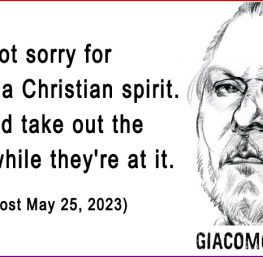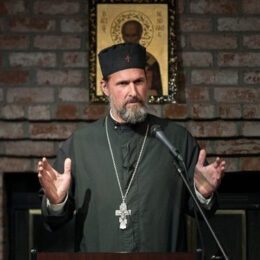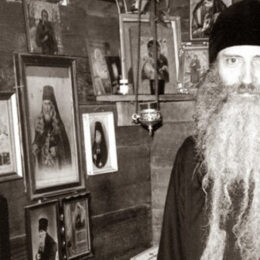Interfax | 24 July 2007
Moscow, July 24, Interfax – Famous writer Alexander Solzhenitsyn believes the Church in Russia today has managed for an amazingly short period of time to occupy a position independent of the authorities.
‘It is amazing how the Church has managed to take quite an independent stand within such a short period of time since its total
subordination to the communist state’, Solzhenitsyn said in an interview with the Schpiegel weekly, the Russian version of which has been published by the Izvestia daily on Tuesday.
He did not agree with the journalist who said the Church in Russia ‘has again turned into a state church’ and called him ‘to bear in
mind what terrible human losses did the Russian Orthodox Church suffer almost all the the 20th century, stressing that ‘she has just begun to get on her feet’.
‘And the young post-Soviet state has just begun learning to respect the Church as an independent organism. The social doctrine of the Russian Orthodox Church goes far beyond the governmental programs’, the writer believes.
Solzhenitsyn has also given a high assessment to the work of Metropolitan Kirill of Smolensk and Kaliningrad, chairman of the
Moscow Patriarchate department for external church relations, describing him as ‘the most outstanding exponent of the church position’.
‘And in the recent time Metropolitan Kirill… has urgently called, for instance, to change the taxation system, far from speaking in
unison with the government, and has done it publicly on central TV channels’, the writer stressed.
The funeral service for the Russian first president Boris Yeltsin held by the Russian Orthodox hierarchy at the Church of Christ the
Saviour, according to Archipelago Gulag’s author, was ‘probably the only way during the funeral to contain, to prevent possible
manifestations of the people’s still burning anger’.
Answering a question about his religious beliefs, Solzhenitsyn described faith as ‘the basis and support of one’s personal life’ and
confessed he had long stopped feeling any fear of death.
‘But in my youth my father’s early death (at 27) hovered over me and I was afraid to die before realizing my literary ideas. But already between my thirties and forties I assumed the calmest attitude to death. I feel it as a natural but not at all the final milestone in personal existence’, the writer said.



